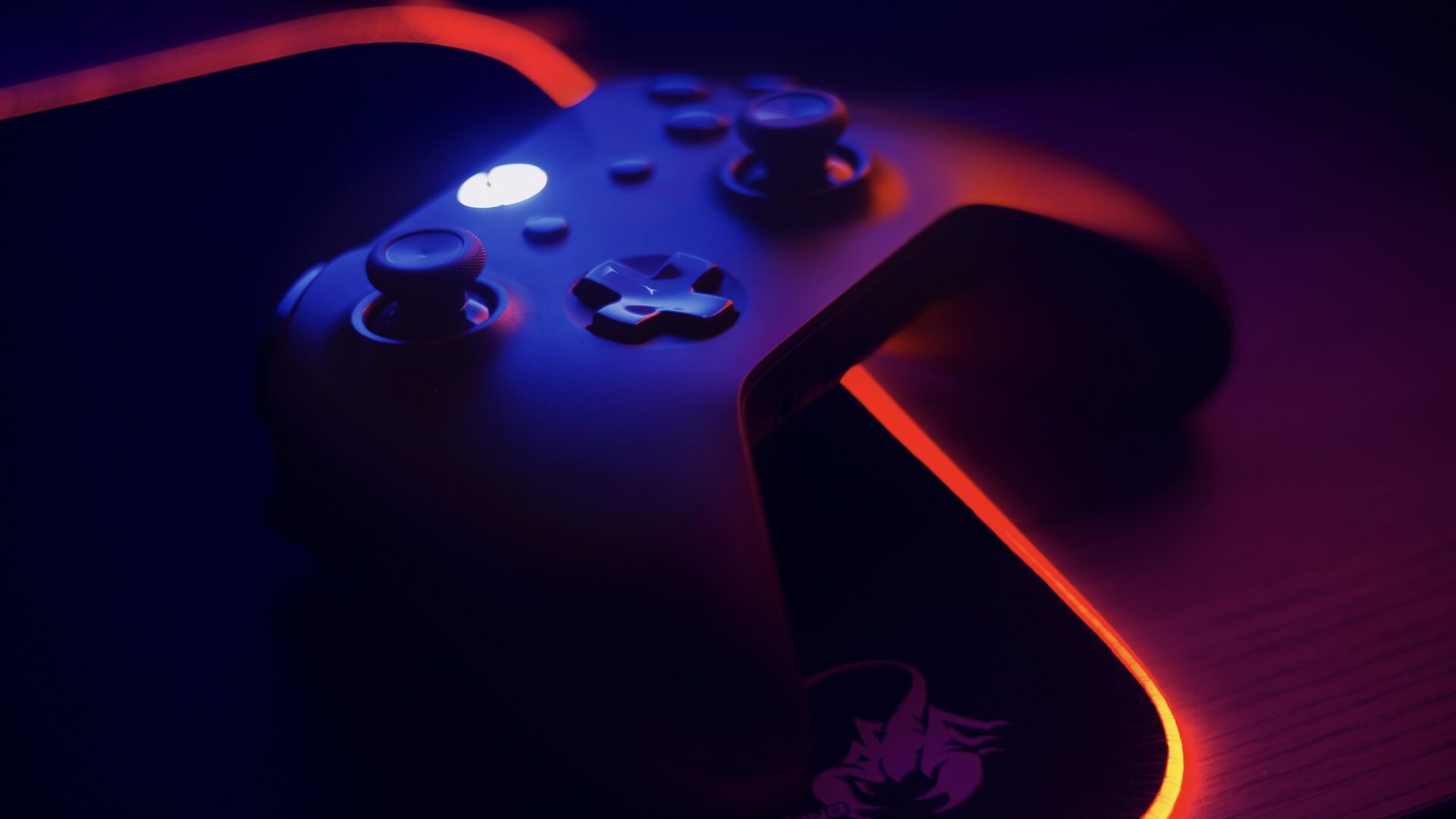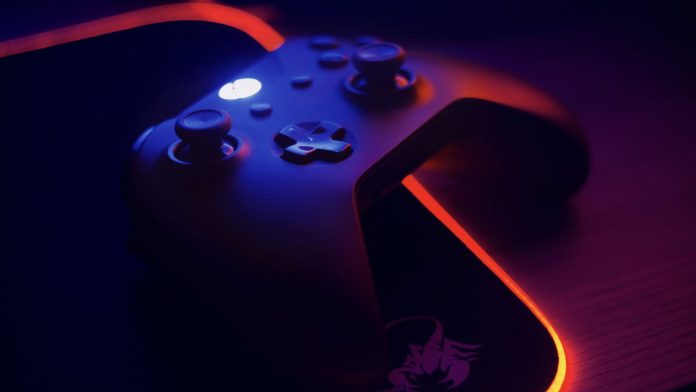Published: July 16, 2025

By Gavin Boyle
A new class action lawsuit seeks to hold major games studios accountable for the their products’ abilities to hook younger users.
“Defendants chose to add features to their products that they knew would be addictive to minors in order to maximize time spent in their respective games and on their platform, thus improving the odds of minors making in-game purchases, and thereby increasing defendants’ profits,” the lawsuit reads. “Rather than taking necessary steps to mitigate the known risks associated with prolonged exposure to minors to video games, defendants intensified the problem by causing and profiting from youth addiction.”
“Defendants’ strategies have been extremely lucrative. As a result of defendants’ inclusion of additive features in their respective products, they have collectively generated billions of dollars, while causing and/or contributing to a public health crisis for minors suffering from addiction to and disordered use of video games,” the lawsuit continues.
The features named that make these products intentionally addictive include marketing specifically to children, gambling mechanics like loot boxes, releasing free-to-play games that heavily push microtransactions, including psychologists on their development teams to make games release as much dopamine as possible and manipulating players to spend more time on their games.
Microsoft and Epic Games are among the defendants accused of these actions through their games Minecraft and Fortnight, respectively.
This is not the first time a class action lawsuit has been launched against gaming companies. A lawsuit against Microsoft, Epic, EA, Ubisoft and Nintendo was launched for their roles in releasing addictive products.
“Each Defendant is aware that its video games are harmful to minors and young adults because Defendant specifically designed their games to addict,” the lawsuit, which is still ongoing, states. “To this avail, each Defendant employs behavioral psychologists and/or neuroscientists in order to develop games that will best utilize psychological tactics to keep players engaged for longer periods of time.”
These lawsuits look to hold companies accountable for creating video game addictions, a diagnosable mental disorder which describes people who forgo their everyday responsibilities to play video games.
“The root of the problem is usually linked to social anxiety,” explained psychologist Dr. Tanveer Ahmed. “The vast majority [of video game addicts] struggle to form healthy social connections in the real world, and it is the online world where they feel… a sense of social connection.”
“I work with clients who, when they turn the computer off, their kid is threatening to commit suicide or refusing to go to school,” added Cam Adair, the founder of Game Quitters, the world’s largest support group for those struggling with video game addiction. “For some families, unplugging means a violent reaction from their son, and it’s a literal safety concern.”
Related: Lawsuit Claims Video Game Companies Intentionally Make Products Addictive
While kids and parents need to work together to fight video game addiction, the studios who create these games also need to be held accountable for making their products addictive and targeting them at developing brains.
Read Next: Can You Beat a Gaming Addiction?
Questions or comments? Please write to us here.
